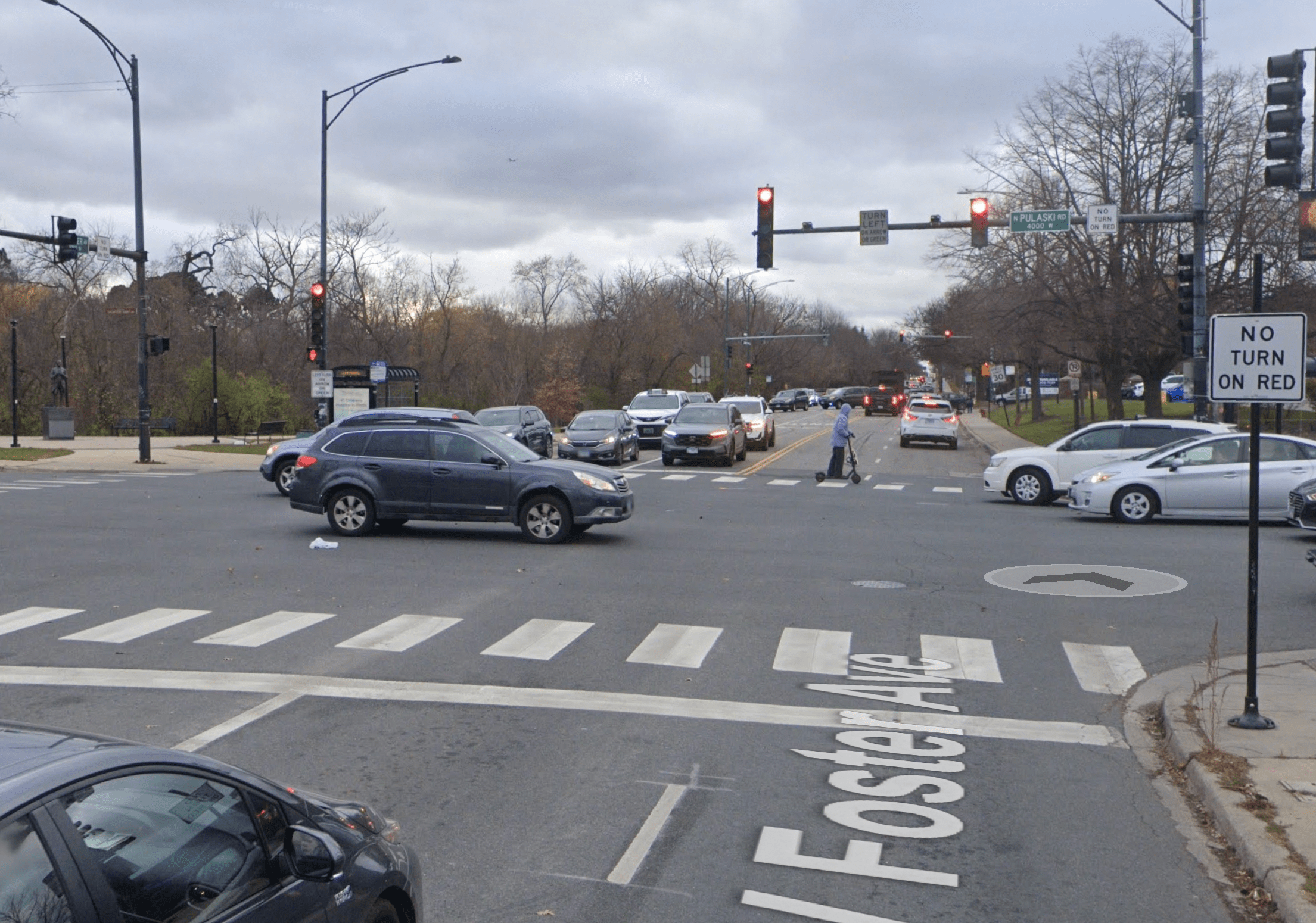Here's an illuminating case study about the political and bureaucratic dysfunction that shapes transportation infrastructure in the United States.
Network blog Systemic Failure notes that Milwaukee is finally rebuilding its run-down passenger rail station. New regulations require the station to provide level boarding to meet the requirements of the Americans with Disabilities Act. But Milwaukee is served by two different Amtrak lines -- with two different train sets that have different boarding heights. So the station platform will have to be built at two different heights, higher in the middle and lower on both ends:
How did this situation come about? It wasn’t just an historical accident, but a combination of bad planning and bad politics.
In 2009, Wisconsin received an $810 million “high-speed” rail grant to upgrade the Hiawatha line to 110 mph. The money was to pay for new trains and a revamped Milwaukee station. With new trains and a new station, what better opportunity to examine level-platform boarding? However, planners ignored the issue because Federal regulations (at that time) did not require it.
Then Scott Walker won election to Governor, and refused the HSR grant money. With the grant money gone, Wisconsin taxpayers were on the hook to pay for the station re-build.
Meanwhile, the FRA adopted level-platform boarding rules. Wisconsin appealed to the FRA for a special waiver, arguing that work on the station pre-dated the rule change — but the FRA was obviously in no mood to do them any favors. And so we end up with a sub-optimal design that has to accommodate antiquated rolling stock.
Elsewhere on the Network today: Chris Smith at Portland Transport explains why he thinks Portland's proposal for $140-a-year "street fee" will be a good thing for active transportation. Mobilizing the Region finds a correlation between places that are dangerous for walking and other public health failures. And Pedestrian Observations discusses the best transit configurations for serving airports.




